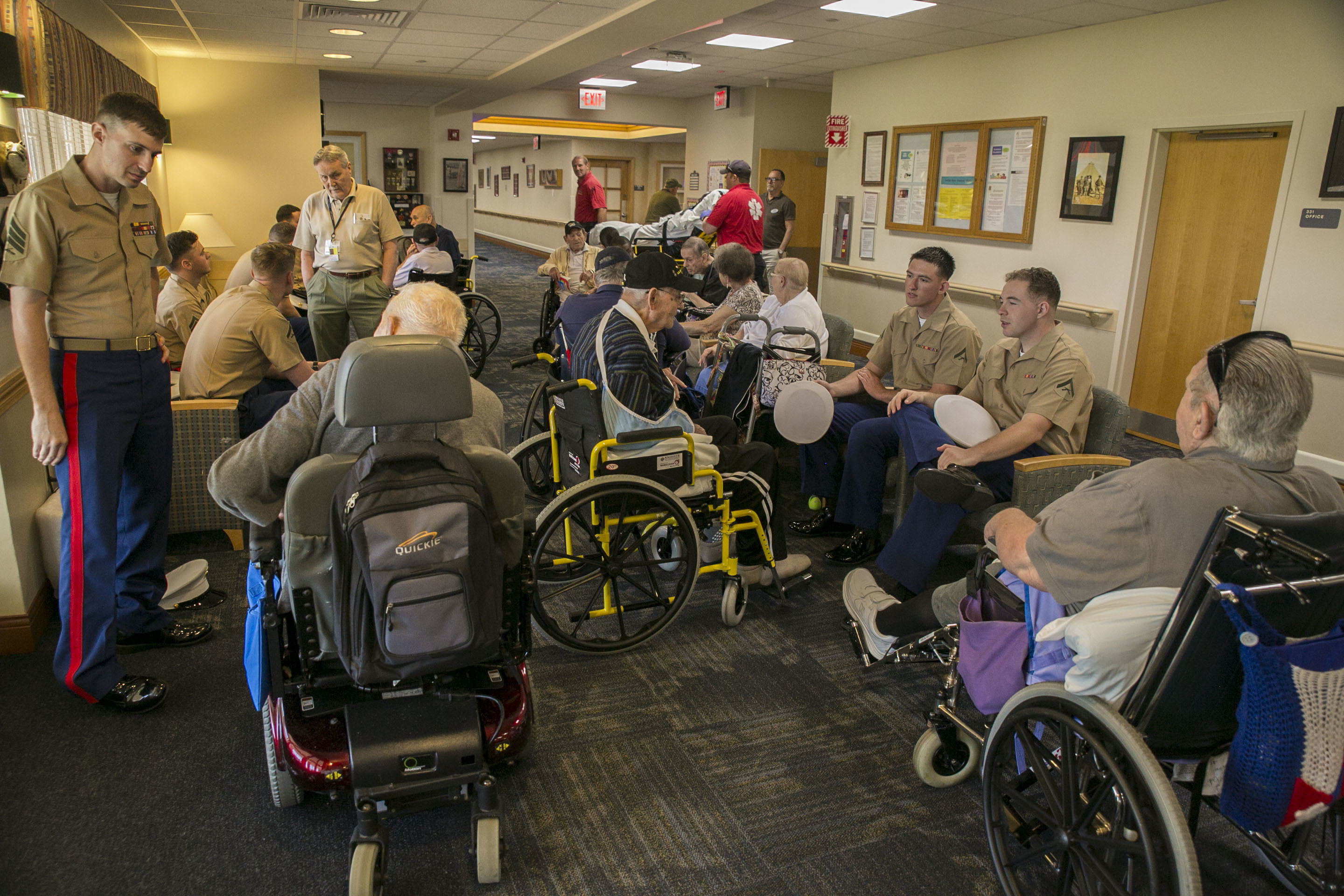Views expressed in opinion columns are the author’s own.
If I had any enthusiasm for life prior to this week, all the news from the past seven days has killed it. Particularly tragic is the news that earlier this month, as coronavirus spread throughout the United States, a nursing home — the Life Care Center of Kirkland — became the deadliest hotspot for the virus in the United States. The breakdown of communication and coordination of services to care for sick and quarantined residents, combined with the frustrated cries of residents’ relatives who fear their family members have been deemed disposable, is truly heartbreaking.
You can read the facts of the spread of coronavirus in Kirkland and determine if the nursing home could have done more, but to me, the most important thing to take away from this situation is that nursing homes need to be more closely monitored to ensure uniform, high standards of care.
Like the families of the LifeCare residents in Kirkland must feel, elderly nursing home residents are largely isolated and forgotten by the public. Unfortunately, in some cases, this isolation can enable negligence and even abuse by nursing homes and their staff across the nation. While the LifeCare situation does not concern abuse, and while the staff of Life Care may truly be doing their best to deal with a nightmare situation, it’s important to take this tragedy as an opportunity to call for stronger oversight and higher standards for nursing home care overall.
According to research from Kaiser Health News, 61 percent of nursing homes across the United States over the past three years were cited for deficiencies in infection control. LifeCare was one of them, but fortunately, it adopted the necessary corrective measures. Not all nursing homes can follow through, however.
Up to 388,000 nursing home residents die from infections each year. Issues of high staff burnout and turnover, combined with the legal licensing difficulties of transferring medical professionals across state lines to deal with infections, make it difficult for nursing homes to develop a consistent response to infections. A Trump administration proposal stating nursing home infection specialists only have to put in “sufficient time” to control an infection’s spread may also contribute to confusion and lack of coordination in infection response that can be deadly.
When diseases like coronavirus enter into our communities, the elderly and those with compromised health are inevitably most at risk. But it’s still our job to limit infection and death as much as possible. Human beings, no matter how old, are not disposable. We shouldn’t see high rates of coronavirus infections and deaths in nursing homes as normal; the attitude that elderly lives are inconsequential is exactly the attitude that facilitates the kind of institutional neglect and even abuse of elderly people that goes beyond failing to halt the spread of infections.
For example, elder abuse in nursing homes is woefully rampant across the United States. According to the Nursing Home Abuse Center, nearly 1 in 3 nursing homes in the U.S. have been issued citations for abuse. World Health Organization data also reveals that 2 in 3 nursing home staff members reported abusing a resident over the past year. Causes of this abuse range from staff burnout, low wages and inadequate training, all the way up to corporate incentives to cut corners on quality care and oversight in order to make a profit.
According to the Centers for Disease Control and Prevention, as of 2016, about 70 percent of nursing homes were for-profit facilities, and a 2018 study in the journal Gerontology reported that residents of such facilities were almost twice as likely to suffer from health issues because of poor care. The consequences of not properly investing in competent staff and cutting corners on care and oversight in the name of profit are therefore the abuse of vulnerable residents.
Clearly, when it comes to stopping the spread of disease and ensuring residents are not abused, nursing facilities need to do better. They must implement stricter standards of care, coordinate swift, decisive responses to infection and abuse and do more to hire, train and care for overworked staff. As for those of us outside the industry, we should lobby the government to make it easier for nursing homes to transfer medical staff and for it to impose harsher penalties for violating nursing home standards. We should also pay attention to neglect of residents, report potential abuse and demand better care, whether we ourselves have family in nursing facilities or not.
After all, our population will only continue to age, and like the Kirkland families, it could one day be us begging for our elderly loved ones to matter.
Caterina Ieronimo is a sophomore government and politics major. She can be reached at ieronimocaterina@gmail.com.



